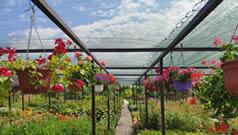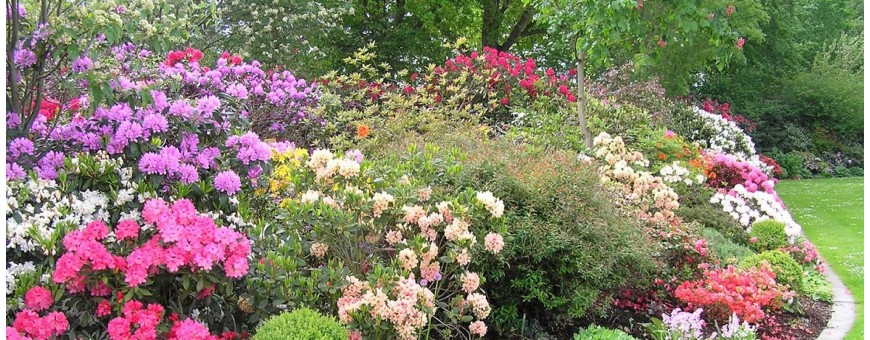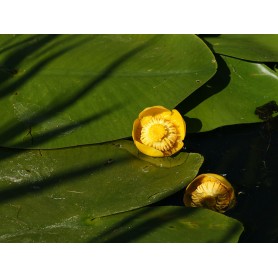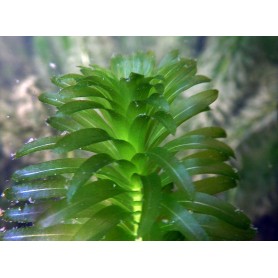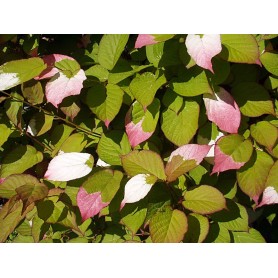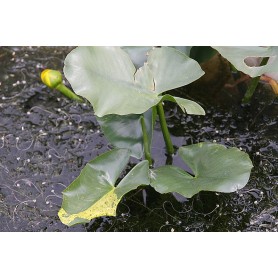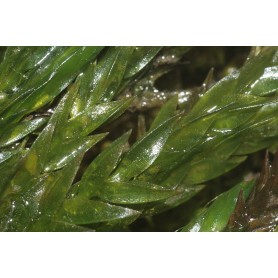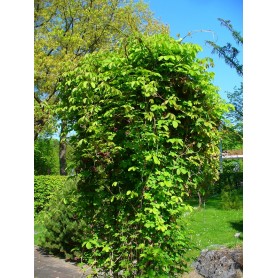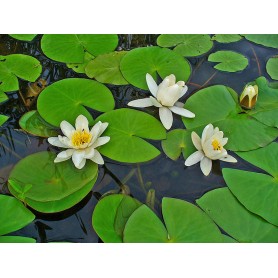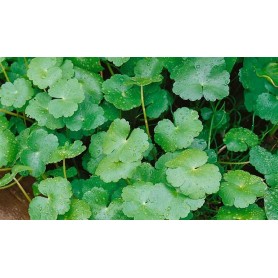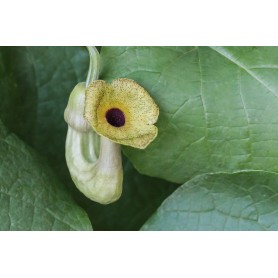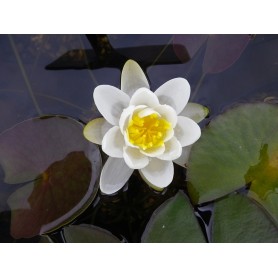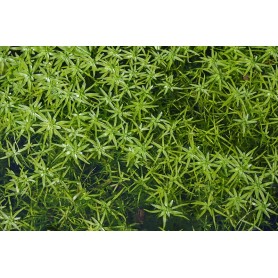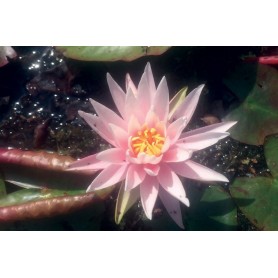Nuphar lutea
Nuphar lutea, also called yellow plump, is a native aquatic plant. The large, dark green leaves are slightly tapered and can easily reach 30 cm in size. The underwater leaves are lighter and slightly wavy. From May to August the plant blooms abundantly, with yellow, cup-shaped flowers, which treat us to a very special perfume, namely cognac or brandy. The bottle-shaped fruits release when they are ripe and first float on the water for a long time, until the seeds are finally released, sink to the bottom and can germinate there. Nuphar lutea prefers a position in full sun or partial shade, a water depth of 0.5 to 2 meters and a nutrient-rich soil. The plant is very hardy, attracts butterflies, bees and other insects and has little trouble with diseases or pests
€21.98

